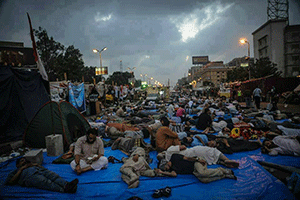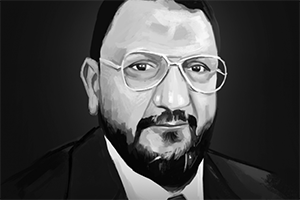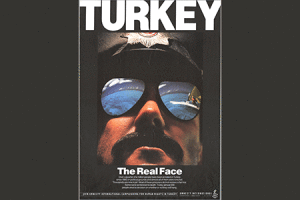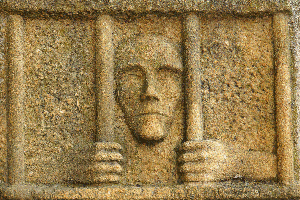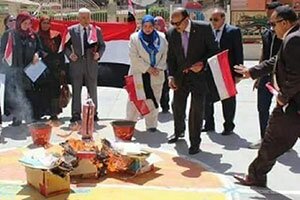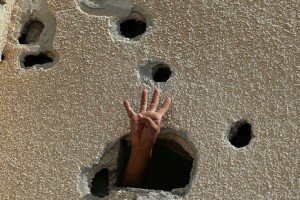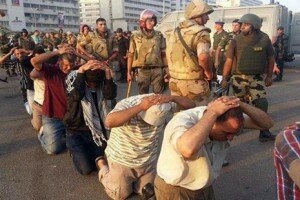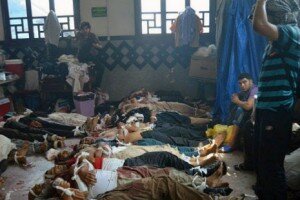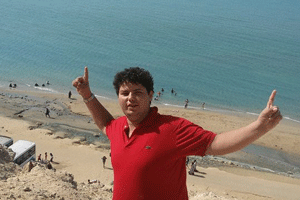
Ahmed Yussuf Rashid. Cover photo on his Facebook page.
Fighting a remarkably unsuccessful war against Bedouin insurgents in the Sinai, the Egyptian state seems to have given up even pretending to adhere to the rule of law, as Heba Afify’s story from Mada Masr makes clear:
It was dawn on one of the final days of November when Suleiman was awakened to the flashing lights of a police car and then a military armored personnel carrier filling up the street where he lives.




































